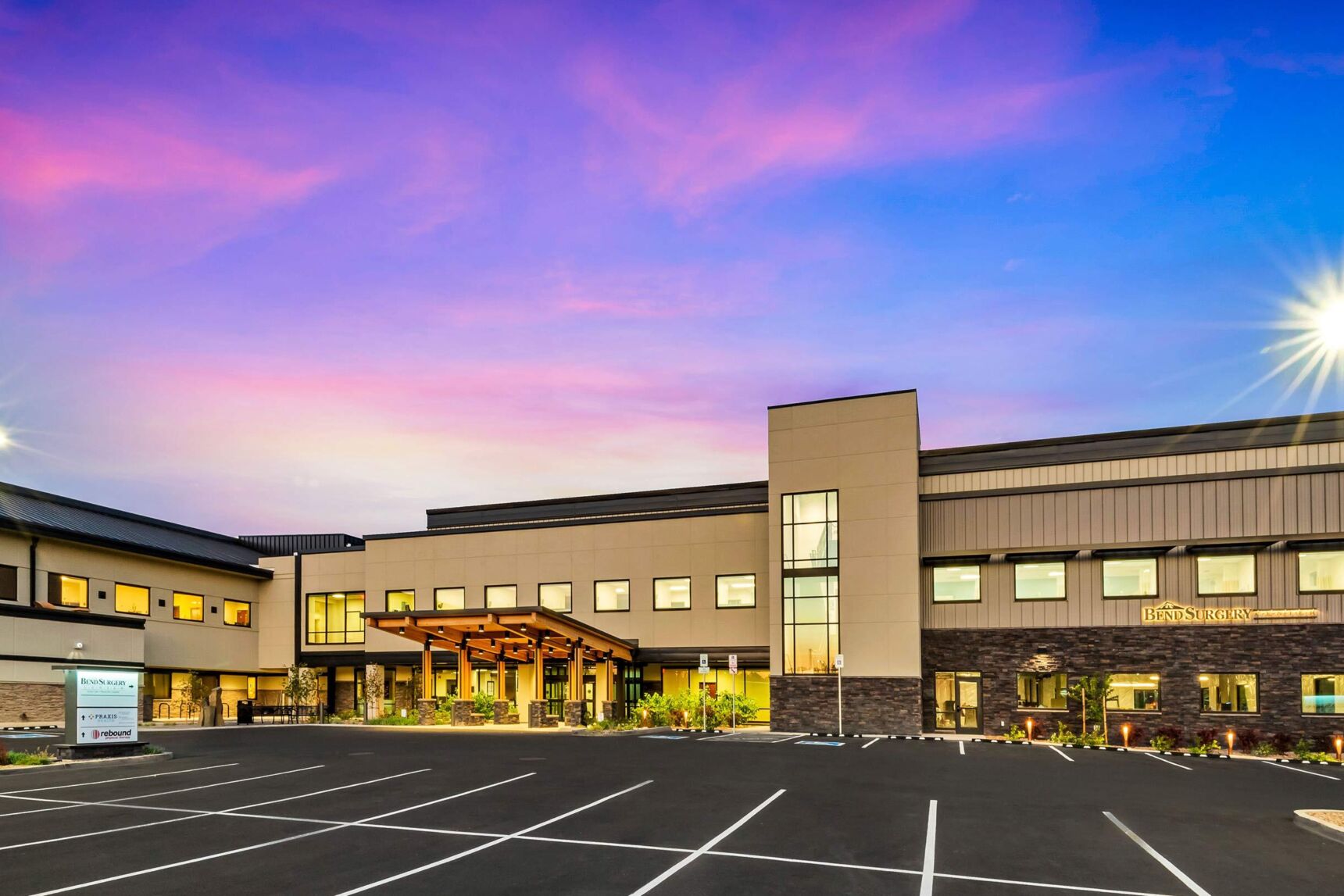Bend Surgery Center Operational Expansion Made Possible with Partnerships

The outpatient Bend Surgery Center has expanded its operations to allow for overnight stays by partnering with Summit Health and Bend Transitional Care.
The partnership captures non-acute care surgeries that require an overnight stay. So-called ambulatory surgical centers now perform nearly half of all outpatient surgeries in the United States, according to Fortune Business Insights, a health forecasting site.
While patients often go where their surgeon dictates, centers like this are often easier to schedule and more affordable.
Patients needing an overnight stay will be at Bend Transitional Care, which will create additional short term recovery beds for patients. Summit Health will provide skilled nursing.
In Bend there are several surgery centers that perform outpatient surgery. Cascade Surgicenter is partly owned by St. Charles Health System, is one such surgery center. Typically they’re formed by a group of doctors as a way to control costs.
The Bend Surgery Center is independently owned by a group of 50 surgeons and Amsurg, a national network of nearly 2,000 partner physicians at more than 255 facilities in 34 states, according to its website.
In addition to the partnership, the center has doubled the number of operating and procedure rooms to eight and six, said Todd Currier, Bend Surgery Center administrator. The expansion allows the surgery center to perform more than 20,000 surgeries a year, a 60% increase in patients, Currier said.
“The need comes from a backlog of surgical cases over the last few years that has caused many patients in our community to push off their care, or seek care outside the area,” said Currier. “This is long overdue for our community and the ability to work together and form this collaboration of care is a great testament to all of our organizations.”
A surgery center is typically an option for patients who are not acutely ill, and it frees up beds in an acute care center, Currier said. The center believes it will be most attractive to patients needing surgery in the following fields: gynecology, urology, bariatrics, general surgery and total joint/spine cases, he said.
COVID-19 is the chief reason why there’s a surgery backlog, as hospitals and medical centers reserved bed space for only acute patients.
“With our recent expansion, we are able to almost double our capacity of patients,” Currier said. “We have prepared and positioned ourselves , and with strategic partnerships, such as this, to take care of the needs within our community. Health care needs more of these partnerships and collaborations.”
Read more about the expansion in the full article here.
